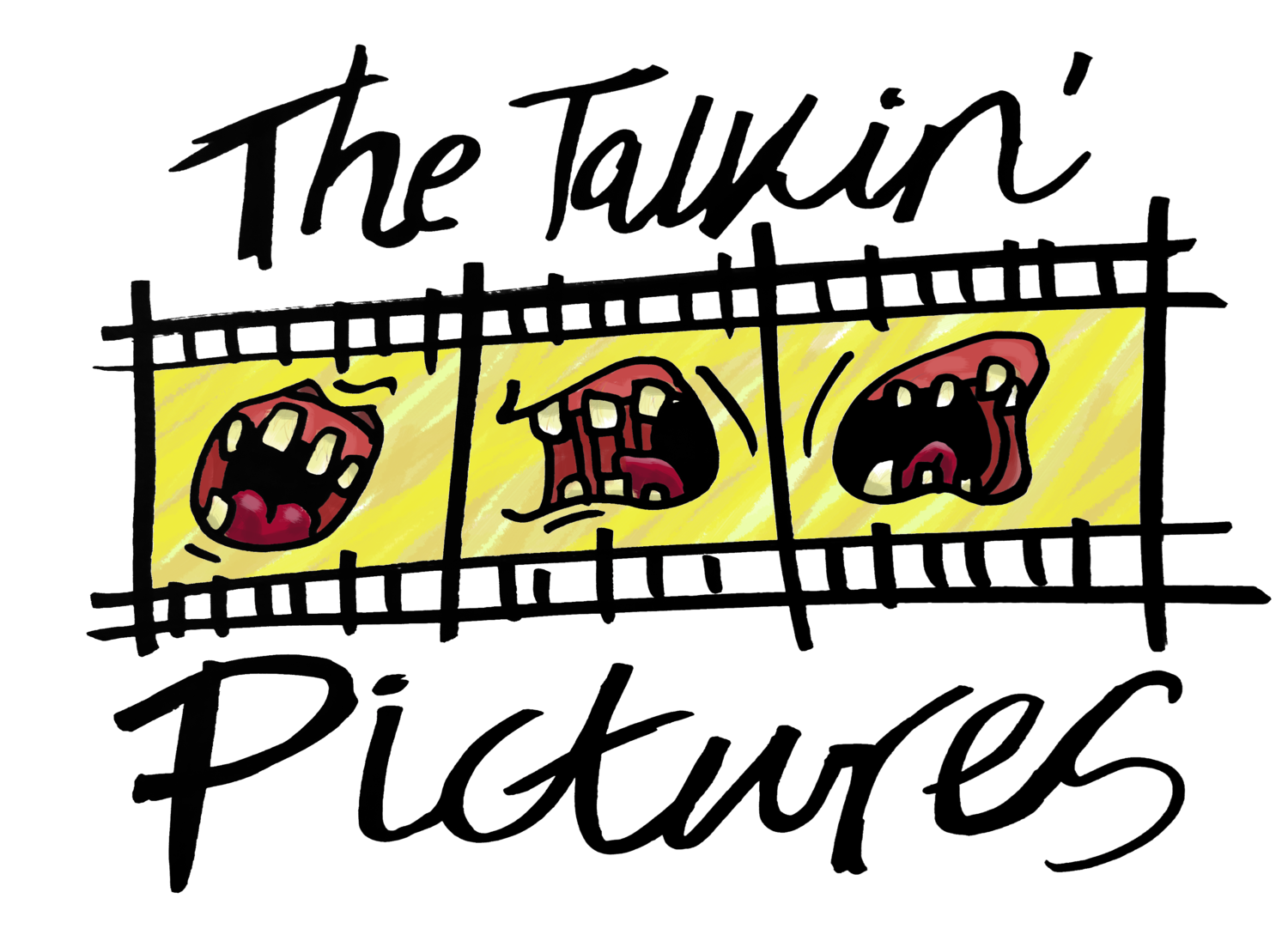"I need you to survive the night."
In the heat of the 1967 Detroit riots, a group of young black men (and two white women) are seeking refuge from the violence in in the Algiers Motel. Suspicion of gunfire draws a group of police officers to the motel to investigate, leading to the unarmed civilians being interrogated, harassed and tortured by racist officers seeking retribution rather than justice.
Those familiar with the work of director Katherine Bigelow know that she’s not afraid to show the horrors of war on screen. Her previous films The Hurt Locker and Zero Dark Thirty both examined conflict and the psychological and political impact for those involved. She’s not afraid to depict suffering on screen, and will happily give her audience a front row seat. Her latest film, Detroit, is no different, transposing a more urban war zone than she’s previously depicted, putting us in the heart of the racially fuelled violence of the 1967 Detroit riots. Bigelow, and frequent writing collaborator Mark Boal, use the tragic incident at the Algiers Motel to shine a light on the issues that surrounded the four day long riots during the long hot summer of ‘67.
By using the incident at the Algiers Motel as the centrepiece (and majority of) the film, Bigelow essentially traps her audience in the one location, forcing them to endure the same torture and abuse as the young people depicted in the film. Because of this the film ends up playing out more like a thriller (or to some degree, a horror film) rather than a dramatic recreation. The tension she and her cast manage to build throughout the events is superb, becoming more and more frightening the longer it goes on. The film itself is an endurance test, putting hate speech and racial issues at the forefront. The aim is to create discomfort in the audience, filling us with the same terror and fear as the young victims and leaving us feeling like there is no escape in sight.
The cinematography by Barry Ackroyd (who previously shot The Hurt Locker for Bigelow) does everything possible to help ratchet up the tension. The frenetic, handheld nature of the visuals builds an anxiety in the viewer that reaches a boiling point once the police arrive at the Algiers. The camera is as close as can be, utilising the dynamic performances of the cast in brilliant close-ups as their hands and faces are pinned against the wall. The chaotic camerawork of the main incident is juxtaposed perfectly with the “calm after the storm”, dealing with the aftermath in a more subdued and traditional manner, allowing the audience some final respite after the chaos.
The performances in Detroit are phenomenal, with the massive cast all working to bring a grounded realism to the film. Will Poulter has created a truly terrifying villain with Officer Krauss, the racist police officer leading the charge at the Algiers. Poulter’s performance is shocking but he never goes over the top, allowing the character to feel authentic in his hate rather than a caricature. John Boyega provides a middle ground for the audience, with his security guard character acting as an emotional compass as well as a mediator between the victims and the brutalising officers. His measured performance gives the audience a lifeline and something to grab onto (serving as a makeshift hero for the piece) when things be too intense. The supporting cast, filled with familiar faces including Algee Smith, Hannah Murray and Anthony Mackie, all bring their A-game, making it clear that everybody involved is dedicated to bringing this story to life in graphic and raw detail.
The only slight complaint with Detroit is the runtime. Clocking in at nearly two and a half hours, the film does feel like it drags in places. That being said, there is nothing that comes to mind that could be omitted. The film uses its extended runtime to both establish and develop its characters, as well as provide some semblance of a resolution as it all wraps up. The dragging issue arises from the test of fortitude the audience find themselves in, with the film leaving you emotionally drained by the time the credits roll.
Detroit, while being far from a perfect film, is a truly powerful one. Bigelow, her cast and crew have delivered a master class in tension, creating what is easily one of the more intense and unnerving films you’re likely to see this year. It’s a film that deals with heavy themes surrounding race, gender and the abuse of power, never sugar coating or dressing up what it’s depicting. It’s rough, raw and utterly compelling.
7.5 out of 10.
Reviewed by Chris Swan.



